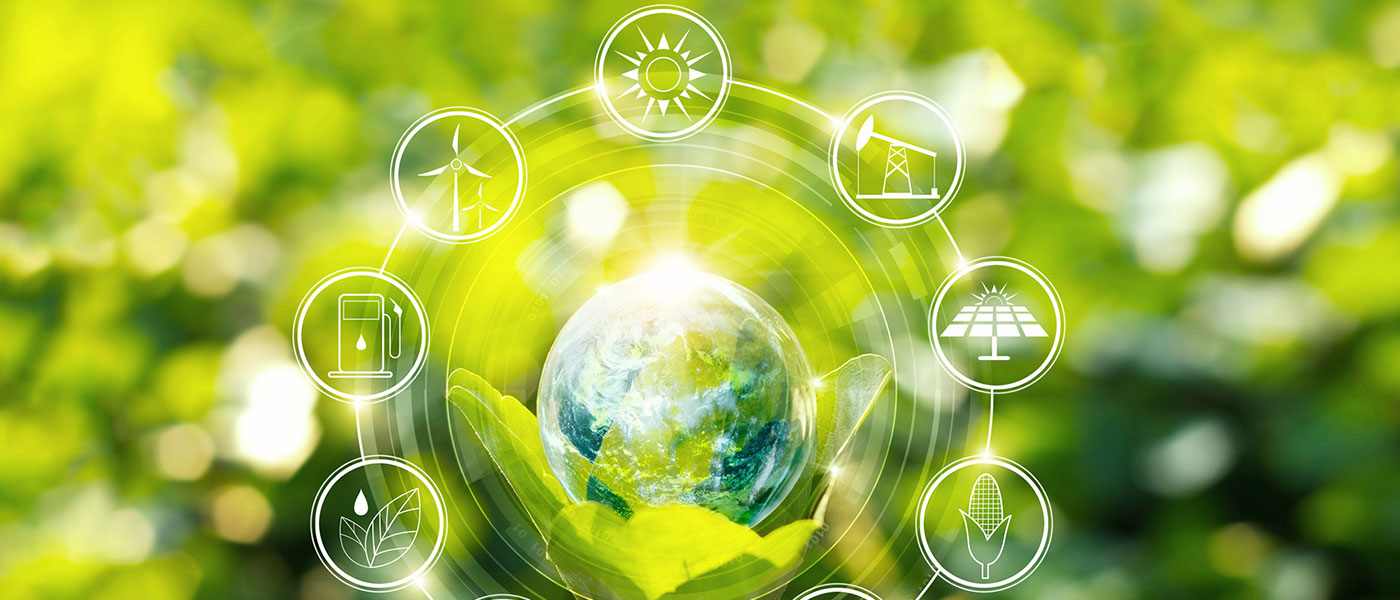



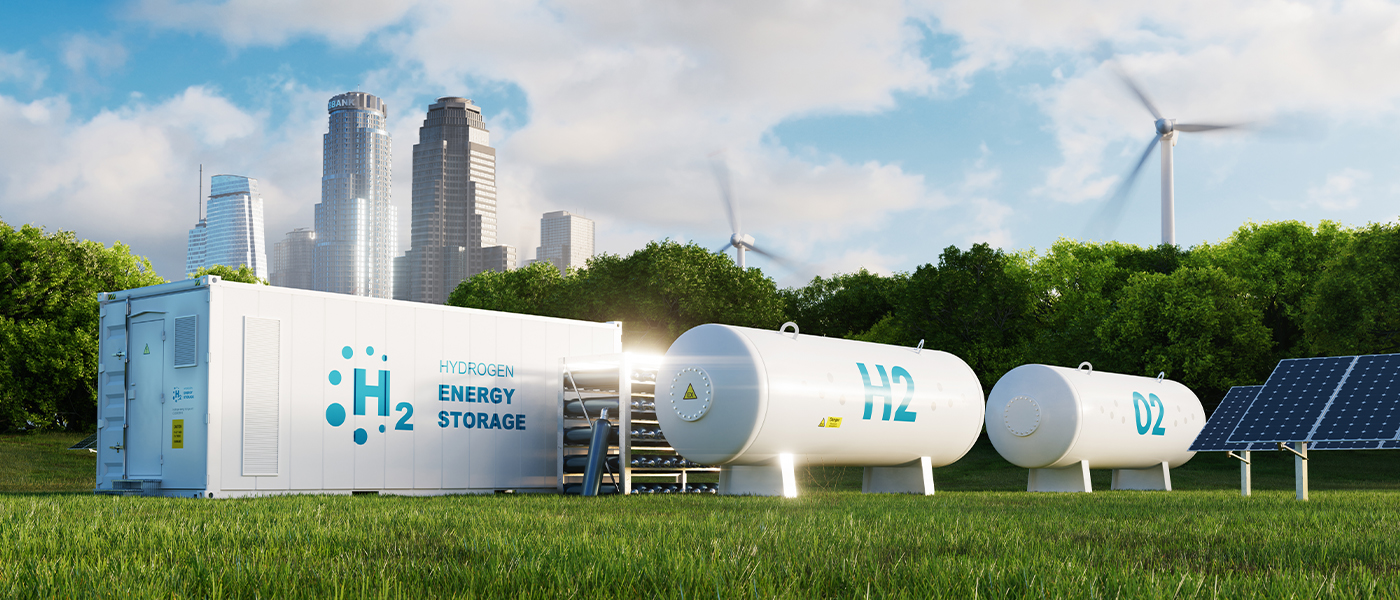

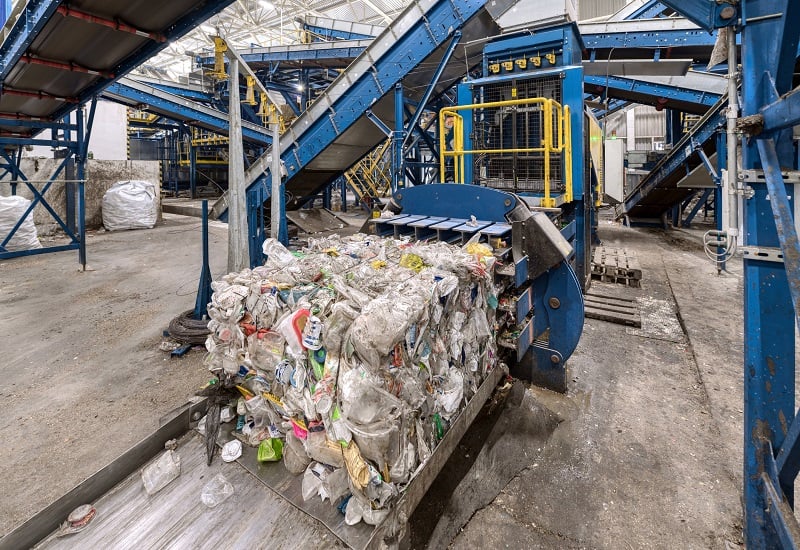
How is the transition toward greater digital technology adoption using disruptive and smart solutions? Which efforts achieve sustainable business by advancing decarbonization, reuse and recycling, and more? Which factors are promoting new business models and networks?
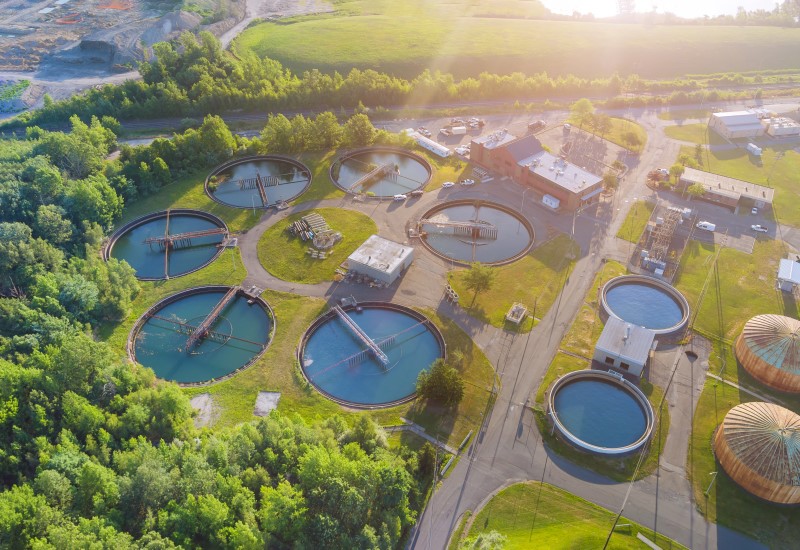
Explore the growing concerns regarding the presence of perfluoroalkyl and polyfluoroalkyl substances influencing regulations. Examine the sample testing, site assessment, and treatment segments in this landscape, and analyze the impact of different investments on each segment.
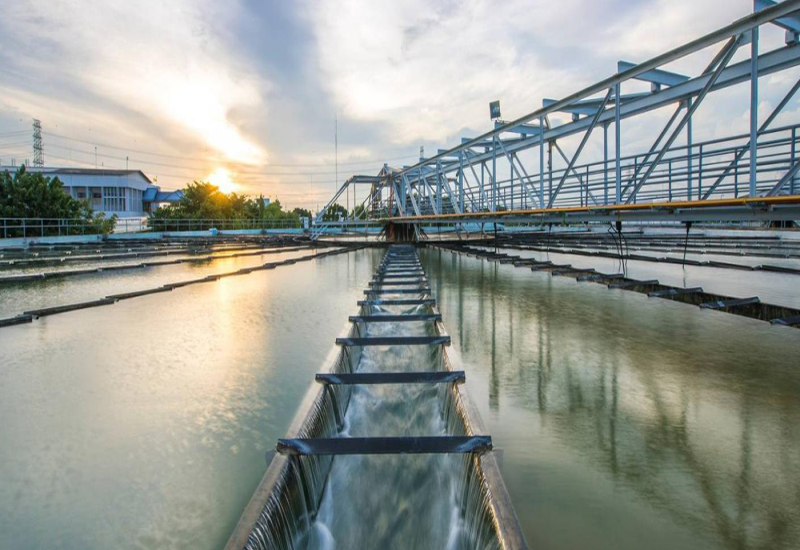
Identify the emerging developments and top utilities. Assess the major strategies like the reuse of treated water and the key end-user segments like municipal and industrial. Take an in-depth look at how the incorporation of digital solutions can help ensure sustainability.
Frost & Sullivan Institute (FSI), Frost & Sullivan’s 501(c)(3) non-profit organization dedicated to utilizing business practices to address global priorities, commends Best-in-Class Companies with Global Enlightened Growth Leadership Best Practices Recognition for 2022. Join us as we recognize some of the most committed leadership teams. These companies have adopted strategies to build upon sustained growth excellence with a moral imperative. These Companies are committed to the environment and sustainability, demonstrating best practices both internally and externally. They are moving the world in the right direction by leveraging either technology, innovation and/or strategic partnerships to make strides in innovating some of the most pressing challenges we face today to zero.

Described as the next step in the evolution of the internet and social media, Frost & Sullivan’s Research Director Kiran Kumar V. defines the metaverse as an interconnected network of virtual worlds that are shared and persistent, which will serve as a new paradigm where our digital and physical lives converge.
In this third episode of our “Future of CPG” series, we will focus on decentralized autonomous organizations (DAOs). Centralization or decentralization? This question is crucial for any player that wants to build a metaverse action plan for the next 10 years. The metaverse expansion can be accomplished in both cases. Let’s explore DAO growth opportunities together.
Schedule a dialog or email us at myfrost@frost.com to connect with an industry expert at no charge. We are taking unprecedented action to make our team available to help you cut through the media and politics to get factual one-to-one guidance for the issues and opportunities that matter most to your business.

How will the Internet of Things, Big Data, and advanced connectivity drive efficiency?
Read more Request Info
Explore the profiles of FM leaders, service providers, and innovators in the Southeast Asia region
Read more Request Info
Analyze top end-user segments across commercial, industrial, government, education, etc.
Read more Request Info
Examine how hybrid working and the WNH value propositions will drive growth
Read more Request Info
Impact of different types of greenhouse gas emissions on the value chain
Read more Request Info
Which hubs will play a significant role in the integration of industrial clusters?
Read more Request Info
Who are the top global accelerators of digital transformation in this sector?
Read more Request Info
Assess the key dynamics influencing digital solution adoption
Read more Request InfoThe solution toolbox to achieve global decarbonization is vast, and one of the main tools is hydrogen. And there’s no doubt the hydrogen economy is still in its infancy, needing significant time and investment to come to bear fruit. But, supportive and enabling policy frameworks are underway. Currently, investors’ appetite to back hydrogen initiatives is high, policymakers are focusing on creating the framework for the hydrogen economy to flourish, and industrial conglomerates are developing production, transportation, and storage solutions for commercialization. In addition, end-user industries have begun partnering with key stakeholders on proof-of-concept trial projects for these new solution offerings.
Read more
Global oil exporting nations, especially GCC and OPEC+ nations, are set to experience accelerated economic growth in 2022 amid the elevated oil price levels due to the ongoing Russo-Ukrainian war. Frost & Sullivan’s October forecasts show that the real gross domestic product (GDP) of Saudi Arabia is likely to expand by 7.7% in 2022, positioning the de-facto OPEC+ leader among the 10 fastest-growing economies in the world. The recent rise in energy prices has bolstered Saudi Arabia’s growth as heightened oil revenues boost domestic purchasing power. Oil revenue growth will enable an expansionary fiscal policy, with necessary central bank rate hikes and price controls helping to mitigate extreme inflationary risks.
Read more
Informa invited Frost & Sullivan to MENA Energy Forum 2022 to chair a series of panels focused on the current challenges in the global energy markets and the European Union’s response. This was part of a two-day online event Informa organised for energy industry professionals in the Middle East and North African region.
Read more
Global market research and advisory consulting company Frost & Sullivan launched “Sustainable Innovations: Connecting the Dots to a Net-Zero Future” on October 26, 2022, at Kawasaki King Skyfront Tokyu REI Hotel. The hybrid conference, held ahead of COP27 scheduled to be held in Egypt in November, introduced its audience to cutting-edge initiatives and industry examples for a sustainable future.
Frost & Sullivan researched the energy analytics industry and, based on its findings, recognizes Innowatts with the 2022 North America Company of the Year Award. Innowatts’ software-as-a-service (SaaS) platform delivers high-quality and real-time actionable intelligence to enable its customers to manage cost, enhance reliability, improve overall profitability, and optimize carbon.
What’s decarbonization and why is it important? Decarbonization refers to the steady reduction of carbon dioxide (CO2) emissions and eventually its elimination. The deployment of decarbonization technology aids emission-intensive industries in minimizing carbon emissions and meeting net-zero emissions protocols in the long term. To cut down carbon emissions and combat climate change, governments across the globe are counting on the five pillars of decarbonization: the rise of renewables, hydrogen economy, direct electrification and renewable heat, carbon capture utilization and storage (CCUS), and energy efficiency. Their implementation can be a potential game-changer to enable stakeholders to achieve carbon neutrality globally.
Read more